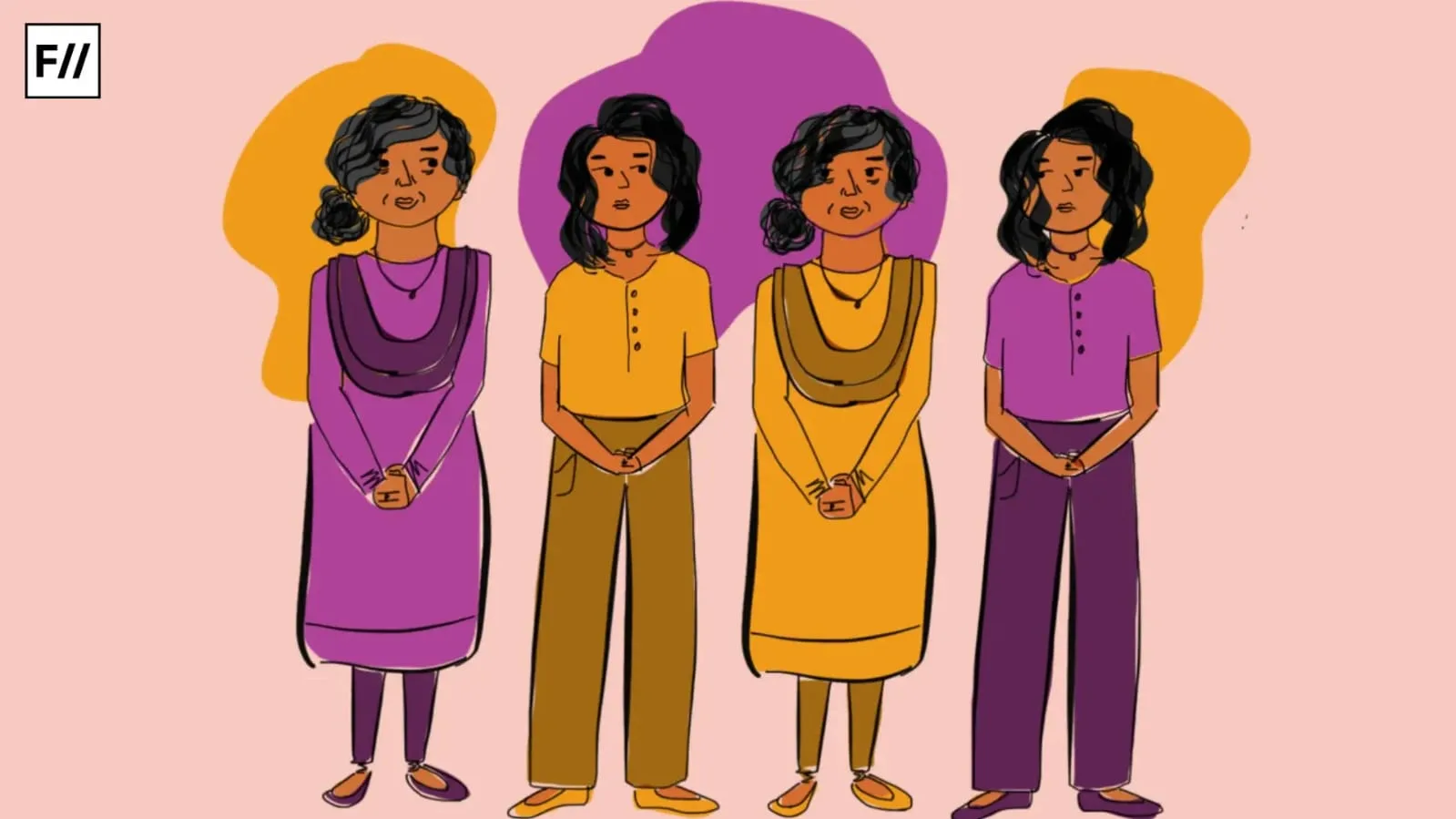Some of us wake up sad. I have a deep resistance to waking up, I will cling to the bed for as long as I should and then some more. I have been trying to understand this malady for years. During tough times, I can accept not wanting to get out of bed. But when things are well, when the days are steady, I am not sure where this stems from. It could be waking up to darkness in the winters. It could be from not sleeping well or sleeping too much.
If you delve further into the topic, you will find many names for it, some scientific and some not – diurnal variation of mood or depression being one of them. Let’s go with morning sadness. Many, many of us have morning sadness. Varying levels of it. Some of the identified symptoms of morning depression include:
- trouble waking up and getting out of bed in the morning
- lack of energy in starting the day
- simple tasks seem difficult such as showering
- inattentiveness or a lack of concentration
- lack of interest in once-pleasurable activities, feeling empty
At its worst, it is debilitating and stops you from living, work – at that point it goes from being a mood variation to being a far more serious symptom of depression. I am not talking about that. I am talking about a softer sadness, the one that blankets me in the mornings. I wake up with a rush of sorrowful thoughts. Without effort, my brain runs through a list of sad things that are happening around me. Then I think about the past and all the losses and all the broken things. It is a whirlwind rewinding of a lifetime. It is not my mood or reality. On most days, I am pleasantly surprised by the turns my life has taken.
The natural sleep-wake cycle is known as the circadian rhythm. The circadian rhythm, or body clock, regulates everything from heart rate to body temperature. People with depression often have disrupted circadian rhythms with genes responsible for regulating these rhythms weaker and often disrupted. This contributes towards morning depression.
My mornings have always been hard. I wake up, I lay in bed for an hour. If I stand up, it is not long before I feel the urge to crawl into bed. Even gentle movements feel impossible. I have been known to stare at my breakfast for a good thirty minutes, before I can muster the energy for a bite. I have a getting ready routine. I cannot bear to leave the house looking like I am undone and so even on the worst of days, I’ll splash myself with some colour and perfume. It is a good party trick. It gets me started and holds my hand until I can go by myself.
It gets better. I have learned to wake up to doing work, I open my laptop and start a flurry of activity even before my brain can process a single thought. It helps. It is not enough, it is not perfect, but it is something. I ask others what they do. Some people make sure they have early morning commitments, appointments, somewhere to be so they are motivated to wake up. Others look for a lifestyle that allows them to wake up later in the day. Other wake up to watching television (it can help!). Yet others make breakfast and coffee plans with friends. Everyone is trying.
Of course, as with most things related to mental health and general well-being, focusing on a regular sleep pattern – going to bed at the same time and waking up at the same time helps. From personal experience, I know this is hard. I am used to trying and stretching the weekend nights as far as possible. Using what is called a happy light, which simulates sunrise, is helpful – winters can be rough and we often don’t realize how much light does for our moods. Eat well (or at least better as far as possible – eat a cucumber instead of chips). Avoid alcohol/caffeine before bedtime. Do all those little things that seem useless by themselves but add up to a lot. Take care of yourself and be well.
About the author(s)
Feminist and Indian. Interests include gender, education, mental health and wellness. India/US.




